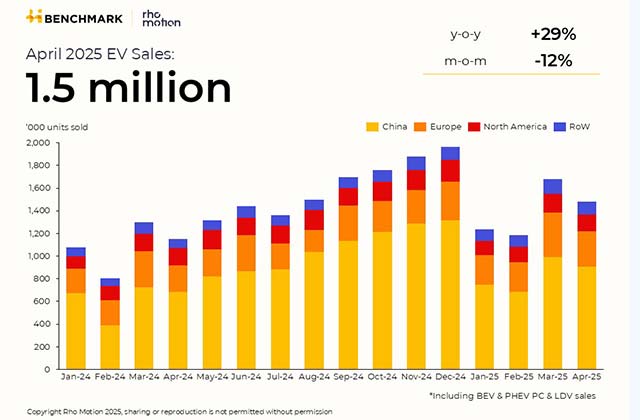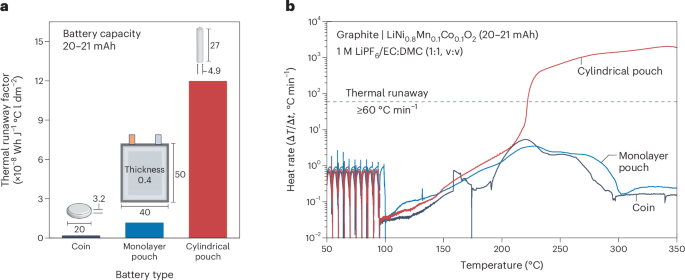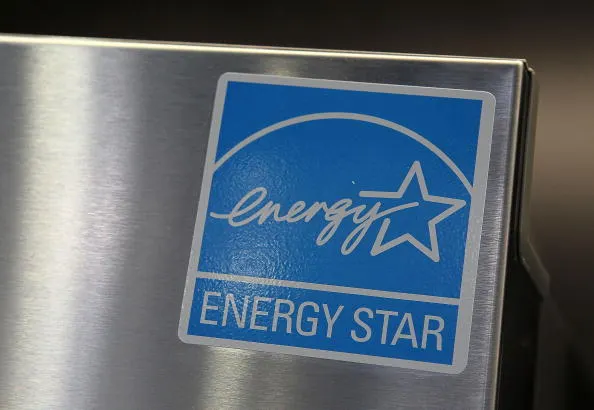Trump Reduces De Minimis Tax Rate After China Trade Deal, but Tariffs Are Still in Play
The Trump administration has reduced the de minimis tariff rate by a substantial amount following the recent U.S.-China trade agreement.

In the aftermath of a welcomed climbdown in trade tensions between the United States and China — tensions largely centered around a tit-for-tat tariff war — the Trump administration appears to be signaling a middle ground on the so-called de minimis exemption, which governs the value threshold for duty-free imports.
According to CBS MoneyWatch, in February Trump signaled an end to the de minimis package loophole that had previously allowed packages originating from Hong Kong or China — and which were valued at less than $800 — to enter the U.S. duty free. The exemption was nixed on May 2, and tariffs of up to 145% were eligible to be applied to said packages. The de minimis tariff rate itself had been set at 120% in February.
The rate of tariffs placed on Chinese imports valued at less than $800 has now been reduced to 54%, effective May 14. A flat fee of $100 was, and is, also an option concerning these shipments.
Trump had previously alleged, via an April 2 executive order, that Chinese exporters had been taking advantage of the de minimis exemption to “hide illicit substances and conceal the true contents of shipments sent to the United States through deceptive shipping practices.”
And while the flat fee option remains in place, as the BBC noted, it was threatened to increase to $200 on June 1. That threat has since been removed from the table, at least temporarily, during the 90-day pause of reciprocal tariffs signed off on by U.S. and Chinese leadership.
Temu, SHEIN Dealing With Ongoing De Minimis, Tariff Concerns
One thing is clear: The ongoing saga surrounding the de minimis loophole (and tariffs more broadly) has great relevance for Chinese retailers dependent upon the U.S. market — most notably Temu and SHEIN.
Per The Verge, both companies were able to enjoy massive profits under the duty-free paradigm brought on by leveraging the de minimis loophole, but now that it is closed, Temu and SHEIN have been forced to raise prices for American shoppers. A short grace period provided by the two retailers spurred a significant frenzy in shopping, but it is as yet unclear how sales have been since the price hikes took effect.
Temu, for example, has shifted to selling only products shipped by U.S.-based distributors, as CBS MoneyWatch reported.
“Temu’s pricing for U.S. consumers remains unchanged as the platform transitions to a local fulfillment model. All sales in the U.S. are now handled by locally based sellers, with orders fulfilled from within the country,” the company told the outlet.




















































































































































